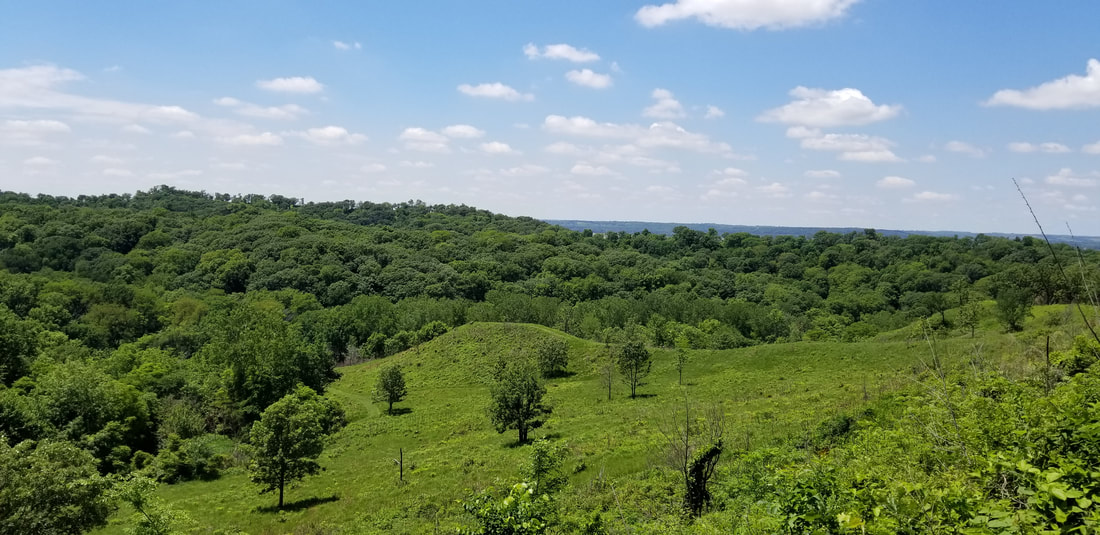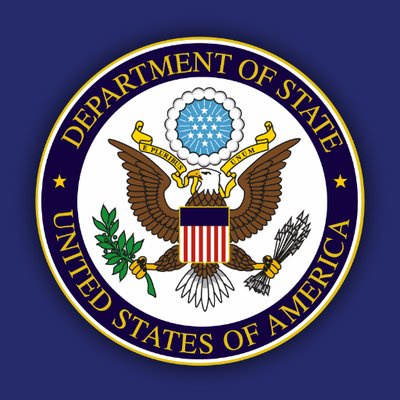USCIS made the change from 18 to 24 months to accommodate current processing times for Form I-751 and Form I-829, which have increased over the past year.
Conditional permanent residents who properly file Form I-751 or Form I-829 will receive a receipt notice that can be presented with their Form I-551, Permanent Resident Card (also known as a Green Card), as evidence of continued status for up to 24 months past the expiration date on their Green Card, while their case remains pending with USCIS.
Additionally, USCIS will issue new receipt notices to eligible conditional permanent residents who properly filed their Form I-751 or Form I-829 before Sept. 4 and whose cases are still pending. Those receipt notices will also serve as evidence of continued status for 24 months past the expiration date on their Green Card.
Briefly in Russian:
Начиная с 4 сентября 2021, USCIS будет выдавать официальные Receipt Notices, Forms I-797, петиционерам, подавшим петицию I-751 на снятие условностей с грин карты, и продляющие срок действия истекшей грин карты на 24 месяца (до сих пор это было 18 месяцев).
Это нововведение вызвано тем, что сроки рассмотрения петиций замедлились и порой занимают более 2-х лет.
Если ваша петиция была подана до 4 сентября 2021 и все еще на рассмотрении, то вы получите новый Receipt, с новой датой продления на 24 месяца вместо 18 месяцев.


















 RSS Feed
RSS Feed